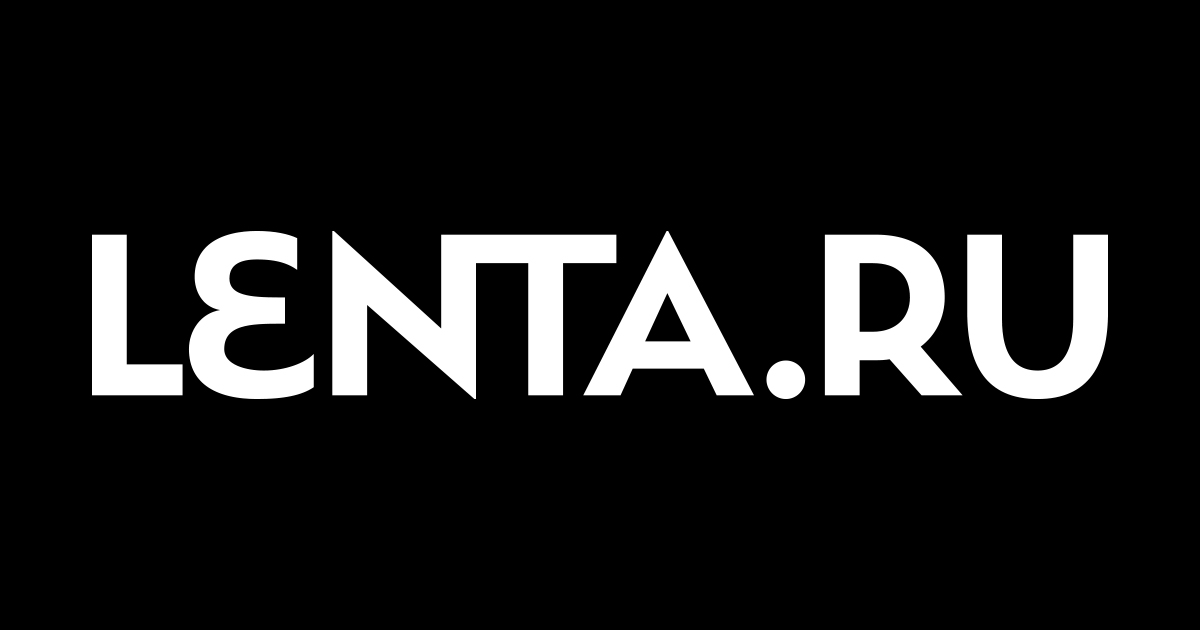Preliminary results are likely to be available on Monday.
Iraq the early parliamentary elections were a concession to anti-government protesters, but are not expected to bring significant change. Many of the country’s 25 million eligible voters were estimated to boycott the elections in advance, as there is little credit to the political class of a country suffering from corruption, unemployment and poor public services.
In October 2019, tens of thousands of people took to the streets in rage from corruption and unemployment, among other things. Hundreds of people died in demonstration-related violence. Demonstrations have since subsided due to, among other things, the corona pandemic and violence, and the rage of many has turned into disappointment.
The voter was assisted at a polling station in Baghdad on Sunday.
A few hours before the closing of the polling stations, the head of the election commission Jalil Adnan estimates that turnout would be just over 30%. In the 2018 election, turnout was less than 45 percent.
Head of the EU Election Observation Mission Viola von Cramon annoyed low reading.
“This is a clear political message, and we can only hope that Iraqi politicians and the political elite will hear it,” he said.
Viola von Cramon (right), leader of the EU Election Observation Mission, deplored the low turnout.
Iraq is a country ravaged by the war against the extremist organization Isis, where corruption is rampant, tensions between different sections of the population are high and there is much to rebuild.
Strict security measures were in place on election day, as violent attacks across the country are commonplace. Voters were surveyed at polling stations on two occasions, travel between provinces was banned and restaurants, shopping malls and airports were closed.
The UN and the EU sent dozens of election observers to the country. The UN had pre-stressed that Iraqis must be allowed to vote without pressure, intimidation or intimidation.
Strict security measures were in place on election day. Voting place in Baghdad.
Iraqi Prime Minister Mustafa Al-Kadhimi showed ink on his finger after the vote on Sunday.
Voting was interrupted in places by technical problems, such as malfunctioning fingerprint readers.
Prime Minister according to the Chancellery and AFP journalists, voting was hampered in places by technical problems such as malfunctioning devices and fingerprint readers. According to authority data, at one polling station, one soldier was killed and another was wounded by damage shots fired by a military colleague.
A security source has said an attack was carried out at a polling station where police were killed. Isis, an extremist organization, has been blamed for the attack. According to authority data, at one polling station, one soldier was killed and another was wounded by gunshot wounds fired by a military colleague.
Authorities said dozens were arrested on suspicion of various election irregularities.
Preliminary results are expected within 24 hours of the closure of polling stations, but it may take 10 days to confirm the final result. Negotiations following the publication of the results are estimated to take weeks.
Observers have estimated that a balance of power can take time when leading political groups compete for the support of independent representatives.
Iraq traditionally has a Shiite prime minister, a Sunni Speaker of Parliament and a Kurdish President.
Voters lined up to vote in Duhok on Sunday.
A woman examined a ballot at a polling station in Baghdad.
Ballot box for parliamentary elections.
Preliminary results are expected within 24 hours of the closure of polling stations.
The woman showed her finger dipped in ink as a sign of voting in Najaf on October 10th.
.







